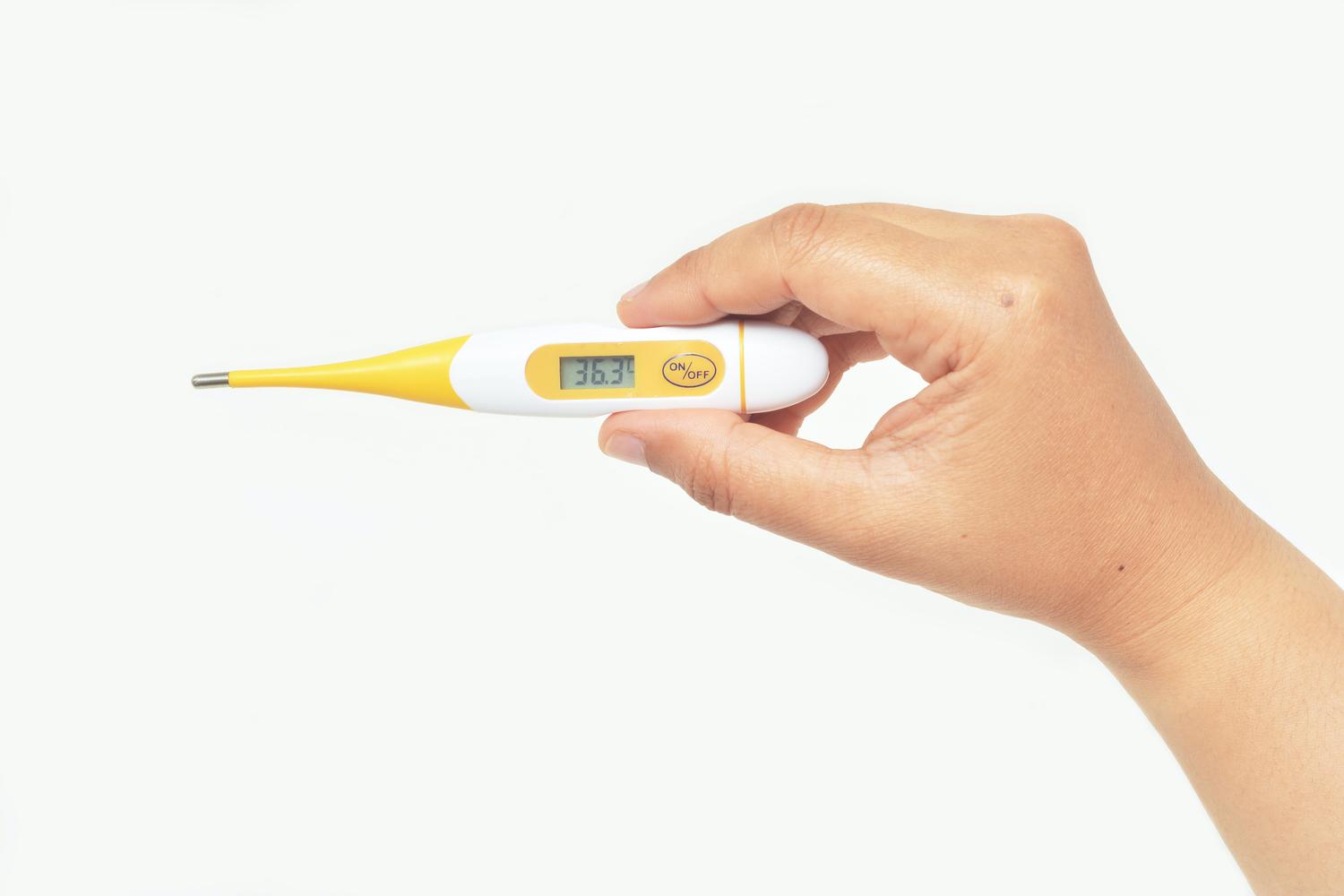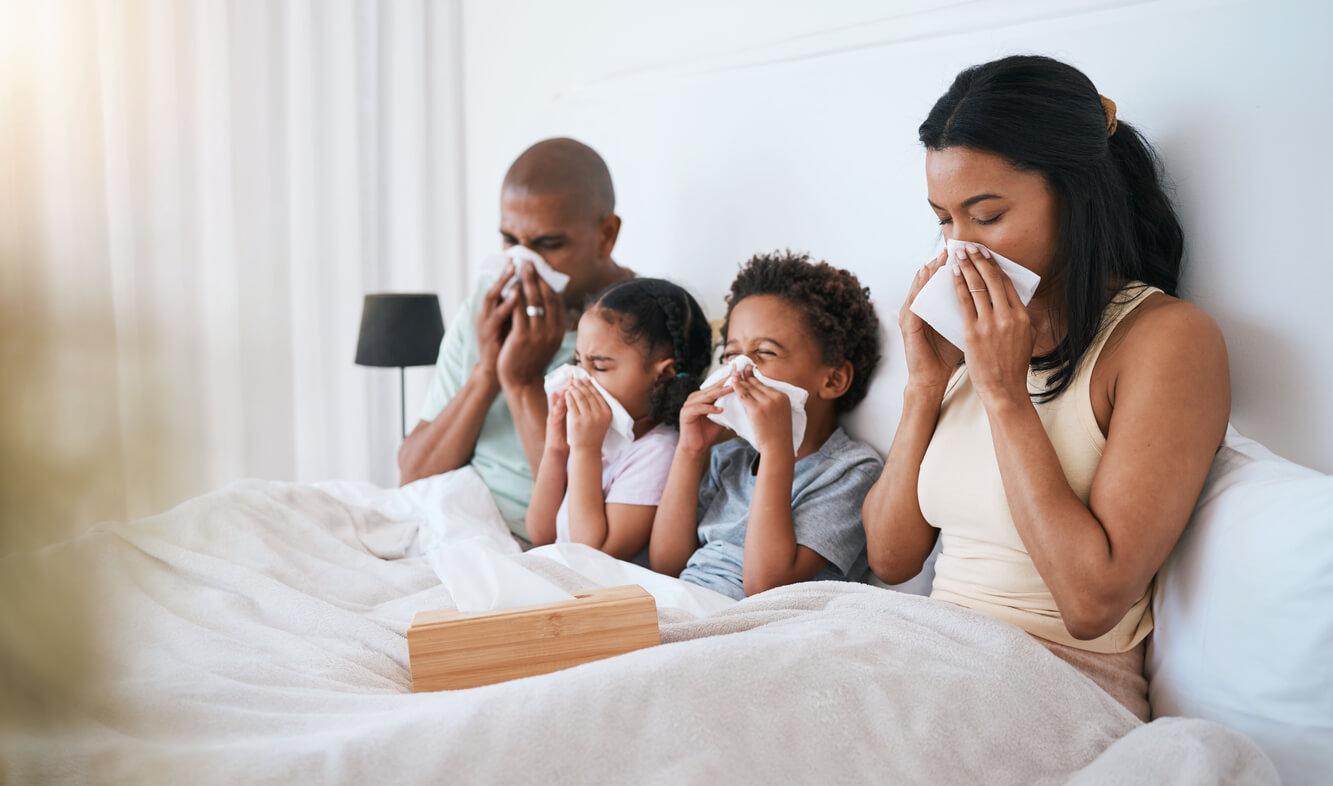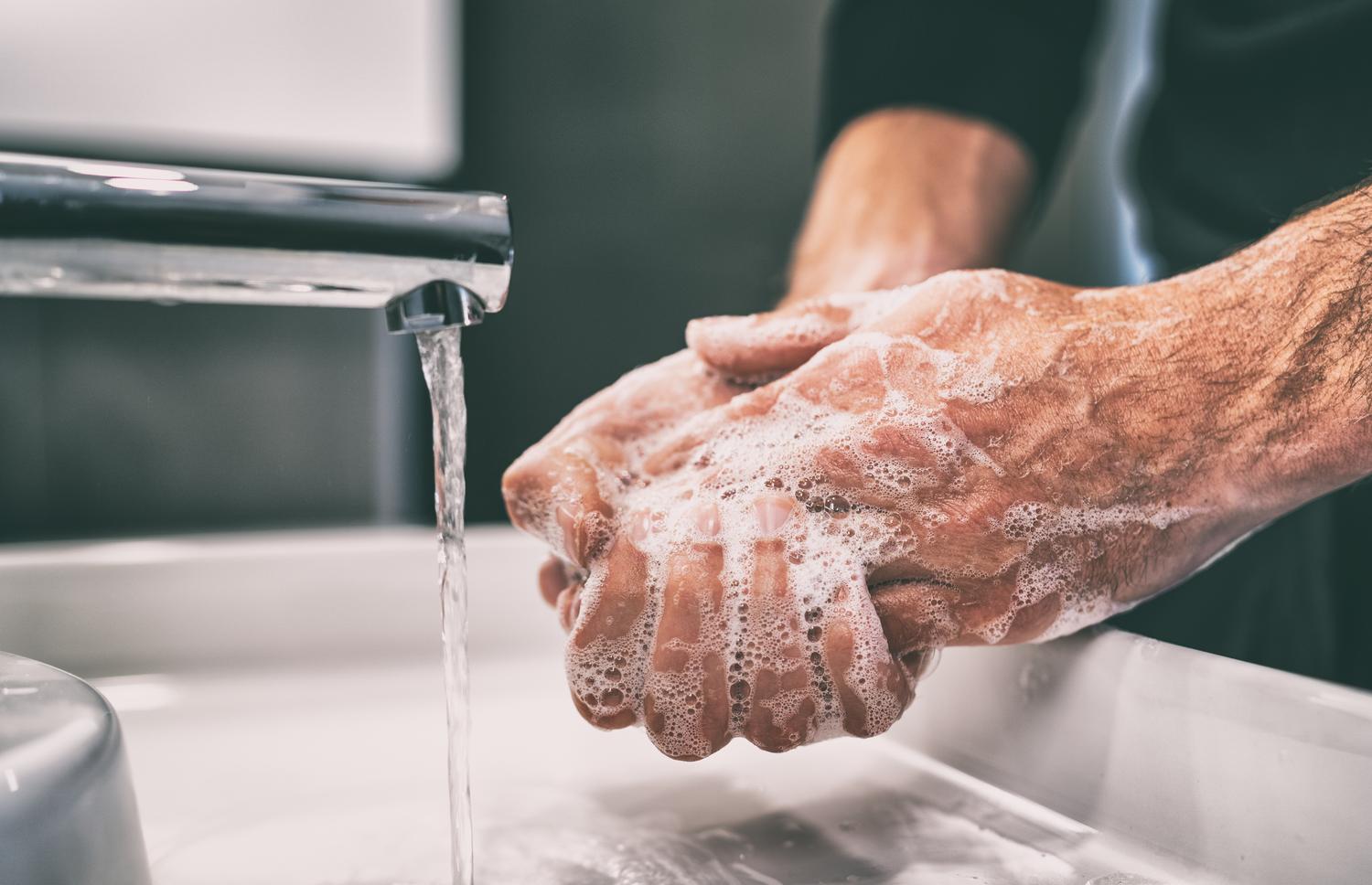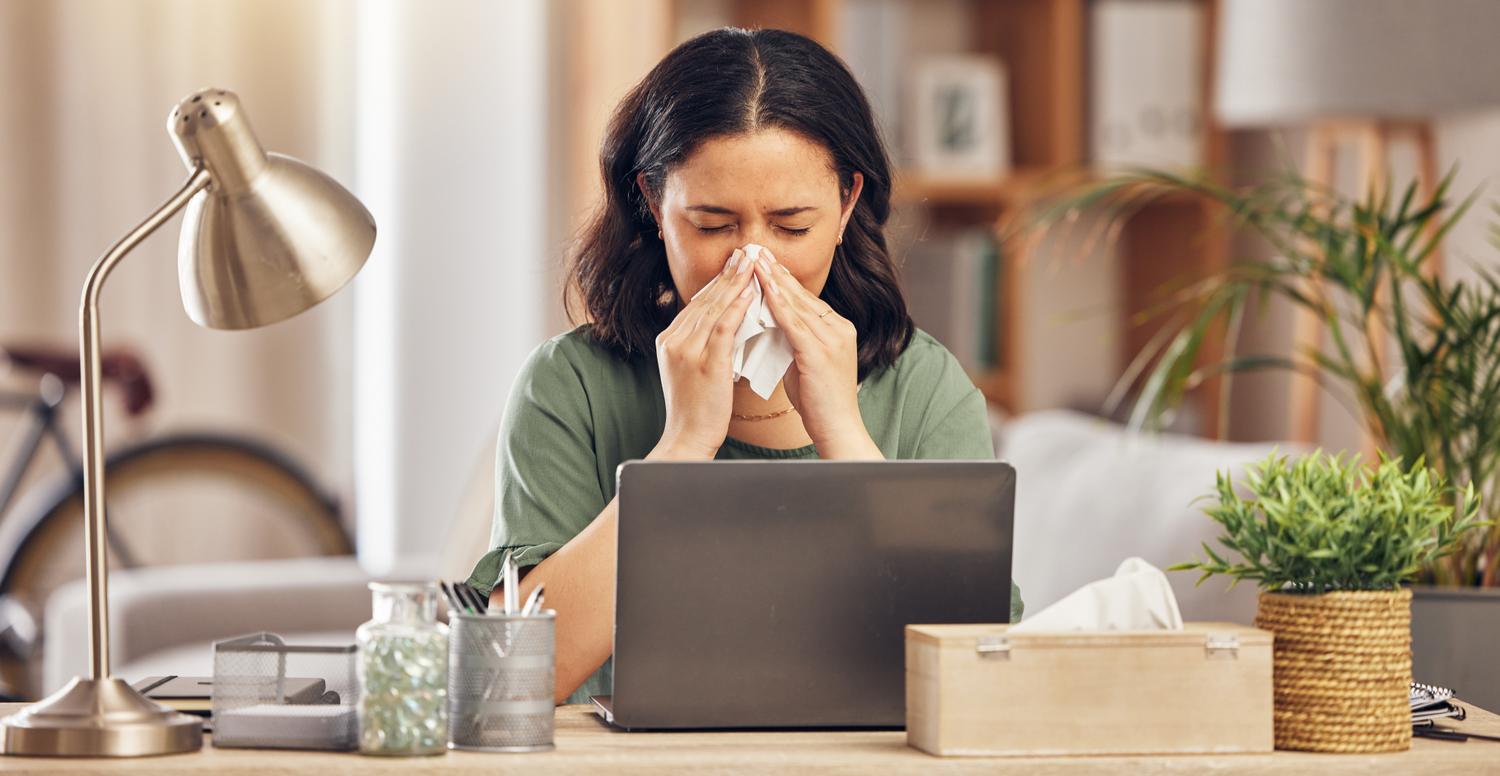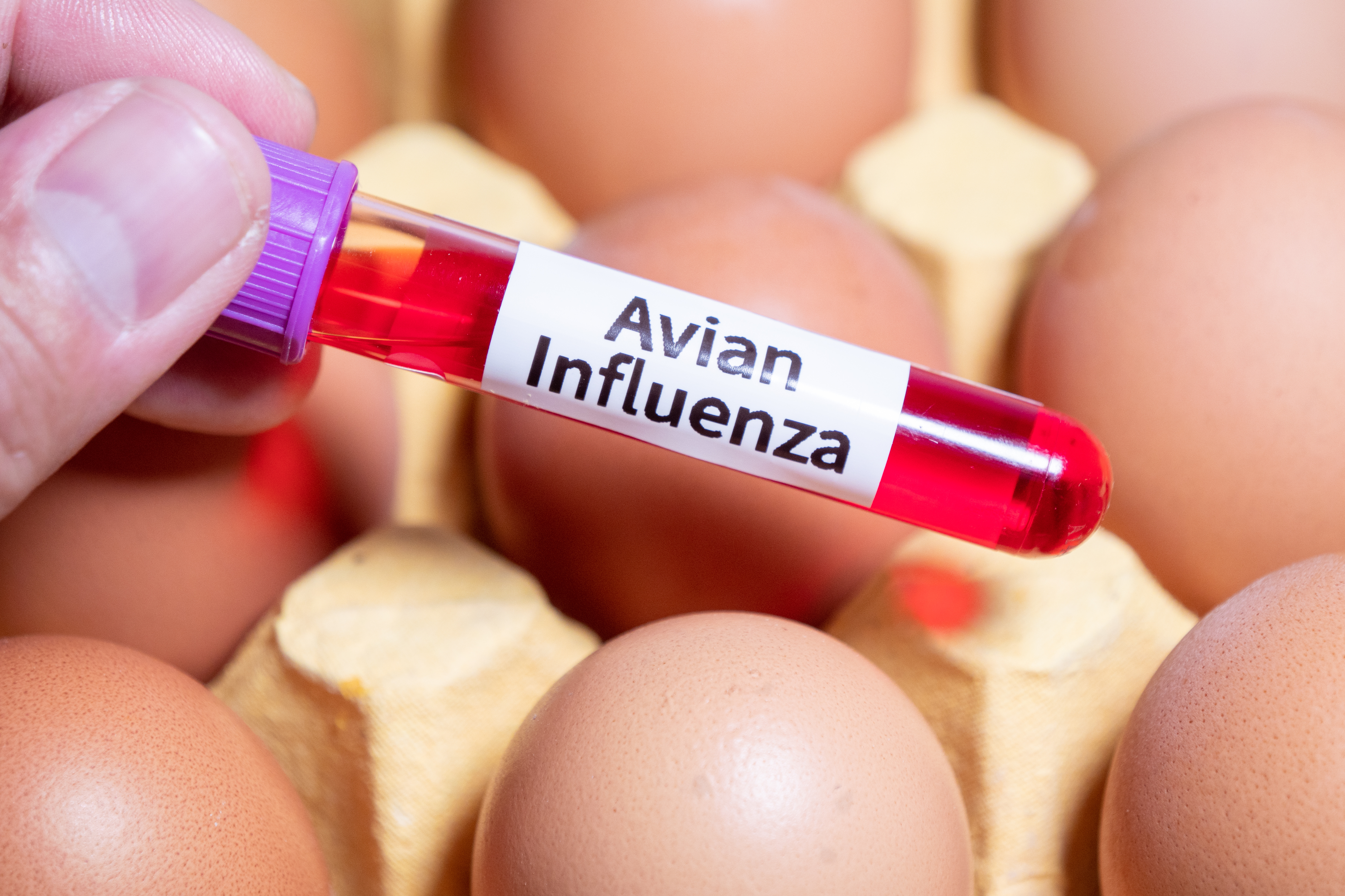Can Adults Get RSV?
Facts and tips to help you through the RSV surge
You’ve seen it in the news: Respiratory Syncytial Virus (RSV) is surging across the United States. The Centers for Disease Control and Prevention (CDC) shows that in the last few weeks, emergency room and hospital admissions related to RSV infections are reaching peak levels. What is known as largely a pediatric concern affecting young children, RSV can also spread to adults. While RSV symptoms can be managed by most healthy adults, this virus is particularly dangerous for older adults (people over the age of 65), those with underlying heart and/or lung problems (like heart failure, COPD, and asthma), and those with weakened immune systems. To help guide you through the RSV surge, we worked with Sesame’s Medical Director, Allison Edwards MD, to compile basic facts about the virus and some useful tips to prevent its spread.
What is RSV?
Respiratory Syncytial Virus (RSV) is a viral infection of the lungs and upper respiratory tract (the breathing passages of the nose and throat). RSV is so common among very young children that the CDC asserts, “Virtually all children will get an RSV infection by the time they are 2 years old.” Infection from the RSV virus is the leading cause of bronchiolitis and pneumonia in infants. This common respiratory virus is highly contagious and easily transmissible in areas like daycares.
RSV spreads via:
- Close contact with an infected person
- Contact with virus droplets released by an infected person when coughing or sneezing
- Contact with hard surfaces that have virus droplets on them (like doorknobs)
Again, most cases of RSV are easily managed by older children and adults. In young children, older adults or people with weakened immune systems, however, symptoms of RSV can lead to severe illness and hospitalization.
Symptoms of RSV in adults
The symptoms of RSV usually begin to appear 2-8 days after exposure to the virus. While first appearing as cold-like symptoms, the effects of an RSV infection can become progressively more severe in young children and high-risk adults.
Early symptoms of RSV include:
- Runny nose
- Coughing
- Sneezing
- Wheezing
- Sore throat
- Headache
- Fatigue
As the virus progresses in older adults and high-risk adults, these symptoms can lead to more serious problems such as:
- Difficulty breathing or rapid breathing
- Pneumonia (infection of the lungs)
- Bronchiolitis (inflammation of the small airways in the lungs)
- Congenital heart failure
For those at the highest risk, severe cases of RSV infections can be life-threatening. If you have a high risk of serious illness, consult your health care provider right away if you are experiencing any of the symptoms listed above. Early detection of an RSV infection can help stop the spread of the virus while giving you more time for treatment.
Am I at risk for a severe RSV infection?
RSV, like most respiratory infections, can be extremely dangerous – even life-threatening – for older adults and people with weakened immune systems.
Adults at higher risk for severe complications caused by respiratory illness include:
- Adults over the age of 65
- Adults with a history of chronic lung disease (like COPD and asthma)
- Adults with a history of chronic heart disease
- Adults with weakened immune systems (caused by cancer, chemotherapy, HIV, and other conditions)
If you are an adult that belongs to one of these demographics, we urge that you exercise caution and prevention during RSV season (late fall and winter). Additionally, it is important that you practice preventative measures if you interact with an older person (over the age of 65).
How to prevent the spread of RSV
The CDC has recently fast-tracked the development of an RSV vaccine to combat the surge of recent cases across the country. However, this vaccine has yet to be officially approved. In the meantime, there are several easy steps you can follow to protect yourself and your loved ones from the spread of RSV. These practices include:
Wash your hands frequently: Washing your hands with soap and warm water for at least 20 seconds can help prevent the spread of germs.
Avoid exposure: Easier said than done, of course, but do what you can to limit your contact with sick people or people experiencing symptoms such as coughing or sneezing. If you happen to cough or sneeze, cover your mouth and nose to prevent droplets from dispersing into the air.
Don’t share: Avoid sharing things such as cups, water bottles, or eating utensils with other people – especially those experiencing cold-like symptoms.
Keep your hands away from your face: Germs easily enter your body via your eyes, ears, nose and mouth. Avoid touching surfaces that have been touched by a person with cold-like symptoms, and refrain from touching your face until after you have washed your hands with soap and water.
Keep things clean: Regularly cleaning and disinfecting the surfaces of your home (kitchen counters, bathroom surfaces, door handles, etc.) can prevent germs from spreading around your home. Discard used tissues and disinfectant wipes immediately after use.
Peak RSV season is just beginning. With case numbers swelling across the country, now is the time to exercise caution and healthy habits to protect yourself and your loved ones. Check out the CDC’s RSV database for more information about this disease. If you are at high risk of serious illness and are experiencing the symptoms of a respiratory illness, talk to a health care provider immediately to receive a diagnosis and get started on treatment right away.

